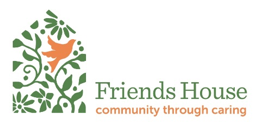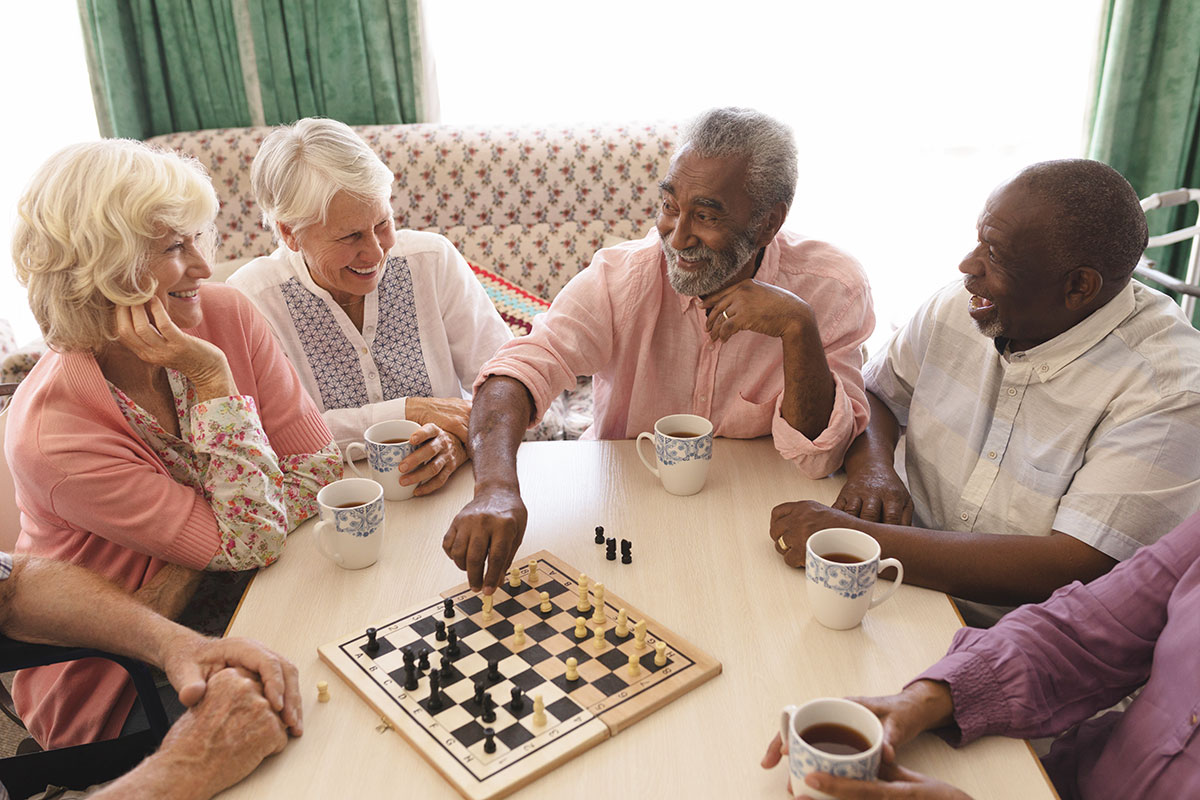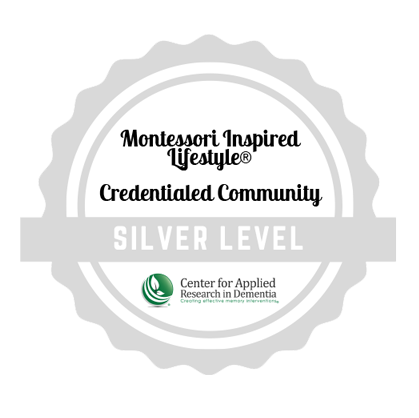In 2024, social isolation remains a significant concern for older adults across the United States. With profound impacts on health and well-being, addressing this issue is crucial. Friends House Retirement Community, rooted in Quaker values, is dedicated to fostering a vibrant, inclusive environment that combats the challenges of social isolation.
Understanding Social Isolation
Social isolation affects approximately 25% of adults aged 65 and older, presenting risks that extend beyond mere loneliness. Research indicates that socially isolated seniors have a 50% increased risk of developing dementia, a 29% increased risk of mortality, and face higher rates of depression, heart disease, and cognitive decline. Furthermore, the absence of social engagement contributes to an alarming $6.7 billion in additional annual Medicare spending. The COVID-19 pandemic has exacerbated these issues, highlighting the urgent need for targeted interventions.
The prevalence of social isolation among older adults is a pressing issue, with significant health implications:
- Mental Health: Approximately one-third of older adults regularly experience loneliness, significantly impacting their quality of life.
- Physical Health: Social isolation ranks alongside smoking, obesity, and physical inactivity for its risk of premature death.
- Hospitalization: Socially isolated older adults are 20% more likely to face hospitalization.
- Chronic Conditions: Over 40% of seniors report feeling lonely, linked to higher rates of depression and cognitive decline.
- Community Engagement: Less than half of older adults engage in monthly social activities, underscoring the need for accessible community programs.
Practical Solutions for Engagement
To combat social isolation and enhance well-being, individuals who are living at home often find success with these tips:
- Virtual Meetups: Video calls with family, friends, and interest groups to maintain social connections.
- Community Classes: Participation in art, music, or cooking classes to engage interests and foster community ties.
- Book Clubs and Walking Groups: Shared interests and physical activity as means of connection and health.
- Volunteering and Gardening Clubs: Avenues for meaningful engagement and contribution to the community.
- Tech Workshops and Pet Therapy: Building and enhancing skills to connect digitally and benefit from the companionship of animals.
Friends House’s Comprehensive Approach
At Friends House, we recognize the importance of community and connection in addressing social isolation. Our programs and initiatives reflect a commitment to enhancing the lives of our residents through:
Diverse Community Engagement: Emphasizing inclusivity and diversity, we offer a range of activities that cater to the interests and needs of our residents, fostering a sense of belonging and mutual support. Our residents can engage in rejuvenating sessions of Yoga and Qi Gong, promoting both physical well-being and a supportive community. The Bridge Club provides a space for intellectual stimulation, where residents can exercise their minds and build lasting connections. Our Mahjongg games offer a platform for social bonding, creating an atmosphere of fun, laughter, and connection.
Environmental Connection: Our green spaces and gardening clubs provide residents with opportunities to connect with nature and each other, promoting environmental stewardship and physical well-being.
Digital Literacy and Connectivity: Recognizing the technology gap, we offer workshops to enhance digital literacy, empowering residents to maintain connections with loved ones and access telehealth services.
Accessible Transportation: Ensuring all residents can participate in community activities and access essential services, our transportation solutions enrich social experiences and combat isolation.
View our rich calendar, filled with enriching activities here!
Addressing social isolation among older adults is a multifaceted challenge that requires community, compassion, and innovation. Friends House Retirement Community is at the forefront of this effort, offering a supportive environment where every resident can thrive. Our commitment to inclusivity, diversity, and quality care ensures that we not only address the challenges of today but also build a more connected, fulfilling future for all seniors.



